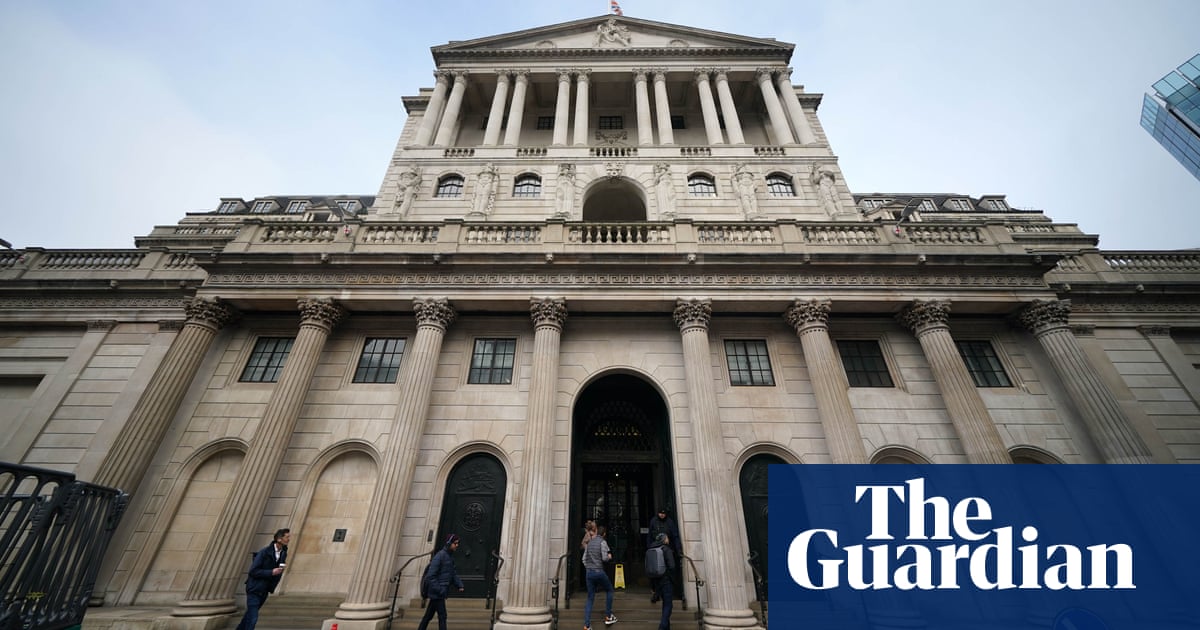- cross-posted to:
- world
- [email protected]
- cross-posted to:
- world
- [email protected]
When I was taught about the ‘wage-price spiral’ at school, I asked the teacher why it wasn’t called the ‘price-wage spiral’, because at home my parents only ever talked about the need for higher wages when prices went up, and the teacher said: “Because your books about it weren’t written by the unions, but by industry.”
“Some combination of moderation in pay pressures and firms’ margins will be required for services inflation to return to more normal rates,” she said.
Let’s only talk about the wages and not the margins, right? And of course do not at all talk about big business and extremely rich people not paying taxes on the money their workers have made while not getting paid properly.
You had a good teacher
I bet that book also unironically mentioned the Invisible Hand of the Market™
German finance minister noises intensify
To me it sounded like tax dodging and corruption. Could have fooled me, sneaky bugger.

Some of you may die, but it’s a sacrifice I’m willing to make
I need to use this more often haha
The cheek of these motherfuckers
Ok. Bankers first.
G u i l l o t i n e s
Maybe we could save some money by getting rid of the monarchy once and for all?
It is not unrealistic, that there will be a new King in the next few years. Maybe enough people become sick of the concept by then.
Yep, a sensational savings of 1.29 pounds / year for every people in UK…
This could only work if inflation were driven by wages.
If the UK is anything like the rest of the world right now, then that is not the cause. Supply shortages are.So they would have to either:
A) accept inflation and INCREASE wages to compensate for higher costs of living, or
B) increase production and thereby supply to reduce scarcity induced prices.(possibly also C) be a member of a large free trade zone that makes importing cheaper but that ship has sailed for now)
Wouldn’t increasing wages improve production by decreasing turnover?
Depends.
IF only some companies increase wages then they can probably reduce turnover. Though that might cause more turnover in other companies that don’t increase wages.
If wages rise through the board and the better paying companies before remain the better paying companies after then that probably has little effect.I suppose higher overall wages could reduce the pressure to look for a better paying job because your current one doesn’t cover costs of living.
Apologies but due to record profits we don’t have any money left for raises this year!
Ha ha ha ha ha nice one aye, fire away mate, knock yersels oot
This is the best summary I could come up with:
Victory in the war on inflation will require British workers to accept lower pay deals and companies to rein in their profits, a senior Bank of England policymaker has said.
In a speech almost a week after she and fellow policymakers kept interest rates unchanged at the highest levels since the 2008 financial crisis, she said inflation in the service sector of the economy remained too high to meet the Bank’s target.
Financial markets anticipate that falling inflation and near-stagnant economic growth should open the door to the Bank cutting interest rates by as much as one percentage point this year, from the current level of 5.25%.
The Bank’s policymakers are, however, concerned that underlying inflationary pressures from the domestic economy could drive inflation closer to 3% by the end of the year, highlighting risks from rising service sector prices and resilient wage increases.
Speaking at an event for the UK Women in Economics Network, Breeden said that indicators of annual pay growth remained in the 6-7% range, significantly higher than recorded in recent years.
The monthly survey, which is closely watched by the Bank for early warning signs from the economy, found permanent salary inflation had dropped to a 34-month low, highlighting “ongoing uncertainty around the economic outlook”.
The original article contains 540 words, the summary contains 209 words. Saved 61%. I’m a bot and I’m open source!
The USA didn’t.
Why are they lying to you?
The Fed was explicitly targeting so-called “wage inflation” when they did their rate hikes. Our wages have been cut over the last 40 years when you adjust for inflation, and nobody’s worried about that. Our wages start creeping up and the Fed takes a five alarm shit in the bed and tries to shut the economy down.
US wages have gone up almost 10% in two years.
I don’t know about the us, but Germany had an inflation of 10% last year. Suddenly the rise of 10% over 2 years doesn’t look so big.







